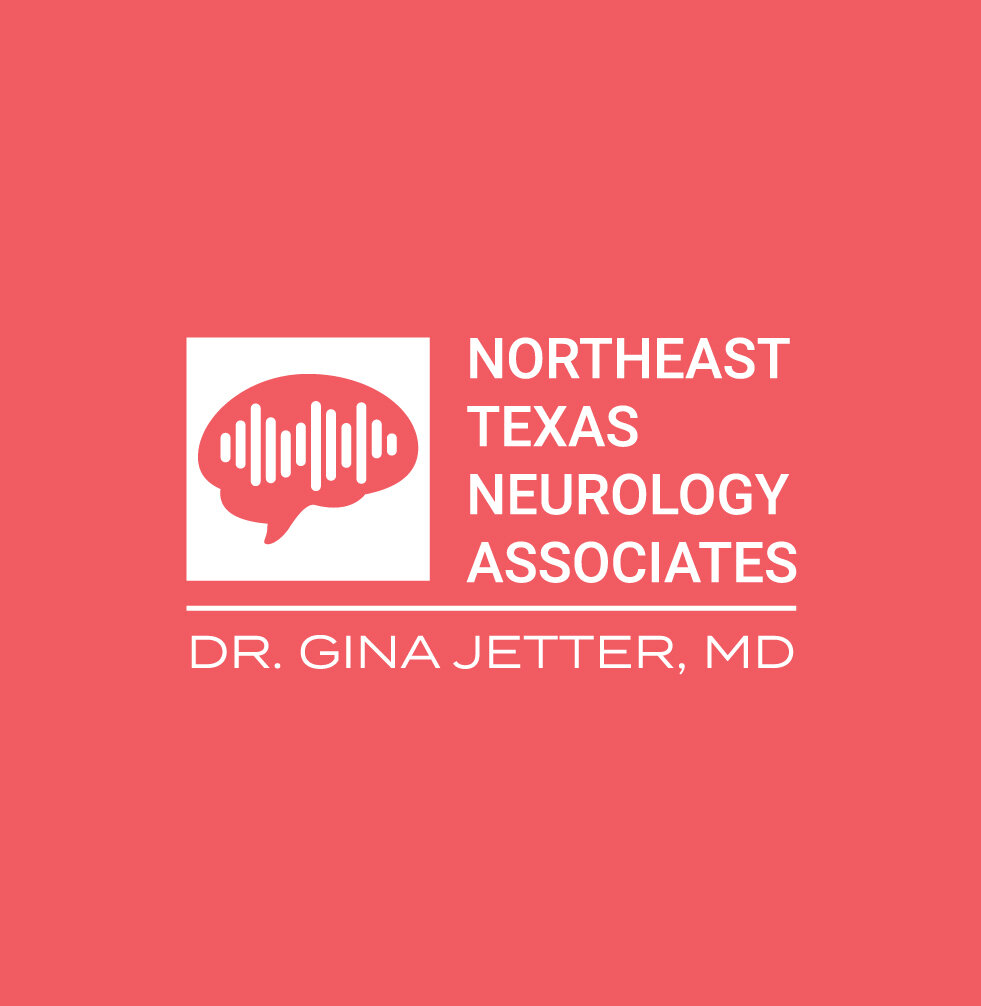Improve Your Brain Health: How to Get Enough (Good) Sleep
This post is part of a four part series featured this month on ways you can improve your health and neurological disease. Every Monday in January, we will focus on one of the following topics: sleep, water, exercise and diet.
Getting enough good sleep is important to your overall health. According to the National Institutes of Health, lack of sleep is linked to many chronic health problems including heart disease, stroke, high blood pressure and depression.
Poor sleep can affect several neurological conditions:
· Lack of sleep can trigger seizures in people with epilepsy.
· Sleep disturbance is positively associated with higher occurrence and frequency of migraines.
· In people with dementia, confusion of day and nights, commonly called “sundowning,” is often the point where a person has to be put in a nursing home.
These tips are ways to train your brain to sleep:
Pick a bedtime. Keep the same bedtime every night, no matter what day of the week.
Pick a time to wake up, at least 7-8 hours (for adults) after the bedtime.
Fifteen to thirty minutes before bedtime, start your evening routine. Shower/bathe if you do it in the evenings, wash your face, brush your teeth, or put on your pajamas. During this routine, use low light and avoid stressors.
Once ready, get into bed and try to go to sleep.
Do not do anything in your bed other than sleep (and sex). NO WATCHING TV, NO WORKING ON THE COMPUTER, NO WORKING/PLAYING ON YOUR PHONE, NO READING!
Try to sleep for 15 minutes. If you are still awake, get up and get out of bed. Go into a different room with dim light and read a boring book or listen to calming music. Avoid bright lights (no screen time) and stimulation. Avoid eating, drinking caffeine or anything that may keep you awake.
Once you feel sleepy, go back to bed and try to sleep for another 15 minutes. This process should prevent your brain from associating the bed with tossing and turning as well.
Over several weeks, your brain will learn that the bed is a place for sleep, and the desire to sleep will be associated with the location of the bedroom.
If you have good sleep habits but continue to have difficulty sleeping, then you could have a sleep disorder. Consult with your doctor if you have persistent difficulty sleeping or you are thinking of taking over the counter medications to help you sleep.
The National Institutes of Health has further details about Sleep Deprivation and Deficiency.
Make one of your resolutions for the year to be to get better sleep!
Blog Disclaimer

